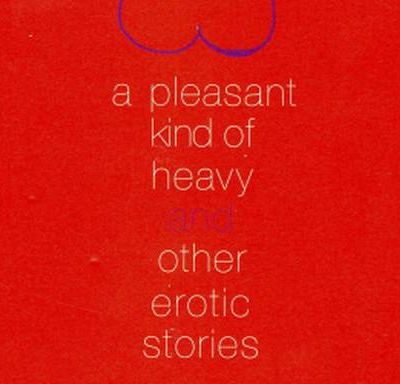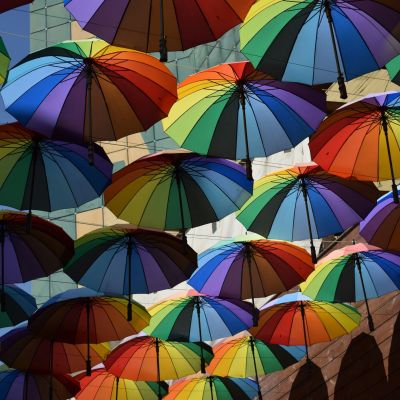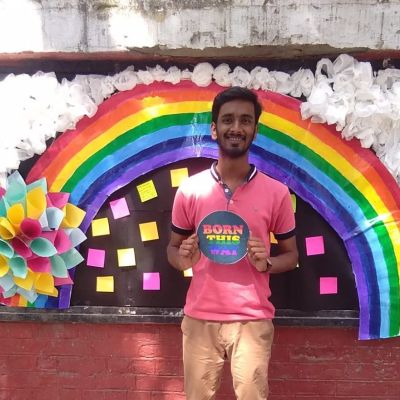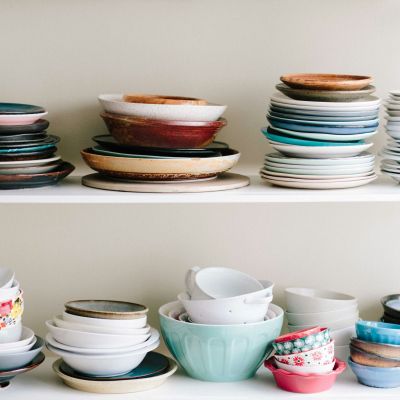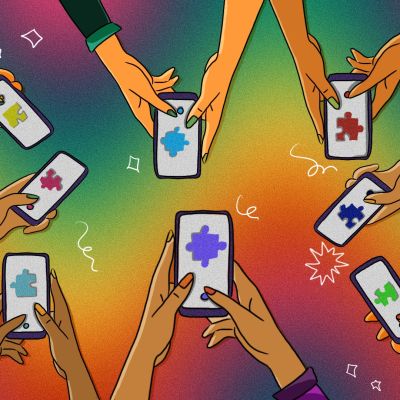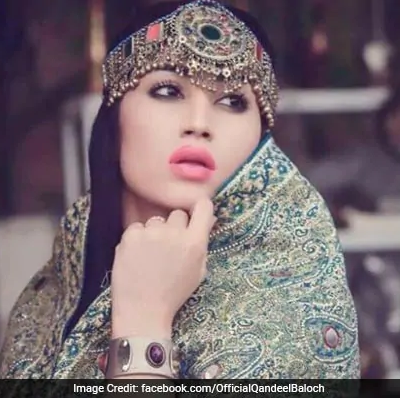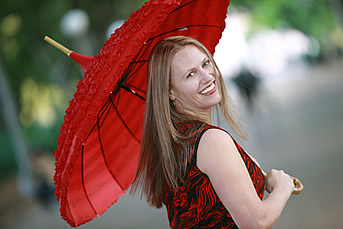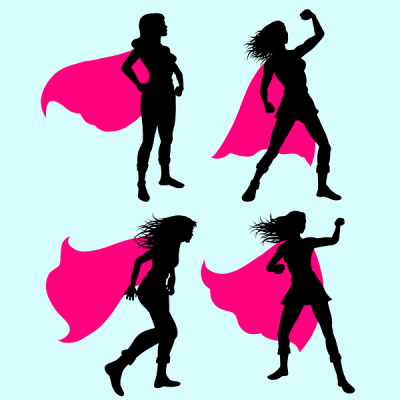Sexuality
When the hunk of a football player kicks the football, it swerves towards the right and bounces off the goalpost…
Aranyani’s writing most certainly has a sensory charm and no two people are going to experience her narration the same way. I wish you a happy and gloriously gay reading of this fleshy collection of erotic stories!
The relationships that are portrayed in queer media also often transcend all attempts at categorisation, but are still undeniably queer – as are the characters whose inescapable push-and-pull, to their audience, often becomes the plot itself.
The space where we get an education and form our ideas about the world, and especially about people who are not like us (read: minorities) holds importance, especially for me as a queer Bahujan person.
There are many ways to be queer. Apart from the fact that queerness encompasses a wide variety of sexual expression,…
In 2019, I was diagnosed with a chronic mental illness. “What is recovery and how do I find it?” was…
“A woman’s place is in the kitchen.” Most of us born in female-designated bodies, in a country like India, have…
What does belonging, then, look like in urban India for people from different social, economic and political backgrounds?
Fouzia Azeem, more popularly known as Qandeel Baloch,was called Pakistan’s Kim Kardashian. Madiha Tahir, a journalist and filmmaker who is interviewed in the documentary,questions this comparison. To quote her: “She (Qandeel) is not Kim Kardashian at all. She is not famous for being rich. An upper-class woman would have her class protection and it’s unlikely that an upper-class woman would be supporting her family from these social media videos.”
This is Part Two of a ‘public interview’ that TARSHI conducted last month, where our attempt was to collate people’s thoughts, notions, and experiences surrounding the choices they make, and the choices that are accessible to them, with regards to their sexuality.
For this March issue, we decided to interview many people, not just one, and over 350 people responded! Here are the results of a ‘public interview’ that took the form of a survey, and two polls with two questions each, on Facebook and Instagram.
I’ve been a sex worker for over 20 years. I’m a migrant sex worker based in Sydney, Australia but have…
I’ve been a sex worker for over 20 years. I’m a migrant sex worker based in Sydney, Australia but have…
Sex workers also are renowned for being educators – teaching people about safer sex practices and letting them explore their sexual expression in a safe and supportive environment. Seeing a sex worker can assist in one’s rehabilitation, allowing people to rediscover their sexual functioning after an accident and also learn to adapt to new sexual positioning with their new limited mobility.
In a world of prescriptions of performance and perfection, there isn’t truly that much space built in to risk non-performance, not being perfect, or to risk not fitting the prescription.


